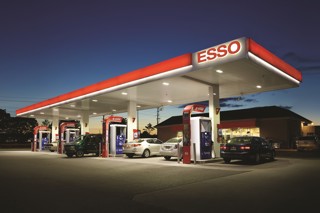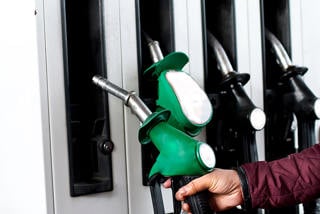Fleet decision-makers need to apply strong management techniques to tackle rising prices, says Fleet Logistics.
Statistics from AA Fuel Price Reports showed that over the Easter period, the cost of fuel at the pumps reached a five-year seasonal high.
Average UK retail petrol prices were 125.41p per litre, up 5.41p from last year, while diesel was 131.97ppl, up 1.65ppl in a month.
Sue Branston, country head of Fleet Logistics UK and Ireland, said: “With fuel prices on the rise, the onus is on fleet managers to look at measures to ensure that costs are kept under control and within budgeted limits, and that the right fuel purchasing strategy is followed.
“Fuel is the largest day-to-day operating cost on the company fleet and often the control of the price paid is in the driver’s hand.
“Even supermarket pricing, typically the cheapest retail purchasing opportunity, can be more expensive than a negotiated corporate deal on a set weekly rate directly with the source, the oil companies themselves, in some instances.
“There are many solutions available, but fuel is a complex commodity and truly needs to be understood in terms of the supplier offerings and all the hidden charges, such as transaction costs, and not just the price of fuel itself.”
Branston said the most effective way to reduce fuel costs is to reduce the number of business journeys made.
Trips could be reduced through allowing employees to work from home, or using online or phone-based meeting technologies.
Branston said monitoring driver behaviours and identifying which drivers were regularly paying too much or driving too inefficiently could also help control costs.
She added: “Fleet managers should also consider techniques such as efficiency driver training, which teaches drivers techniques for conserving fuel and anticipating road hazards and which has been shown to clearly reduce fuel consumption and costs.”
Another option may be to consider downsizing or rightsizing vehicles to more fuel-efficient alternatives.
The opportunity for downsizing is enhanced by many manufacturers introducing model ranges that optimise the use of available space, while simultaneously improving fuel consumption, said Branston.
She added: “Similarly the latest alternative fuel vehicles (AFVs) on the market, such as petrol electric hybrids, may offer more fuel competitive options, although driver mileage, range and type of driving being undertaken also needs to be taken into account.
“In urban areas, pure electric vehicles may be a consideration, but again their suitability for the task in hand bearing in mind the range required will also need to be factored into the decision.”























Login to comment
Comments
No comments have been made yet.